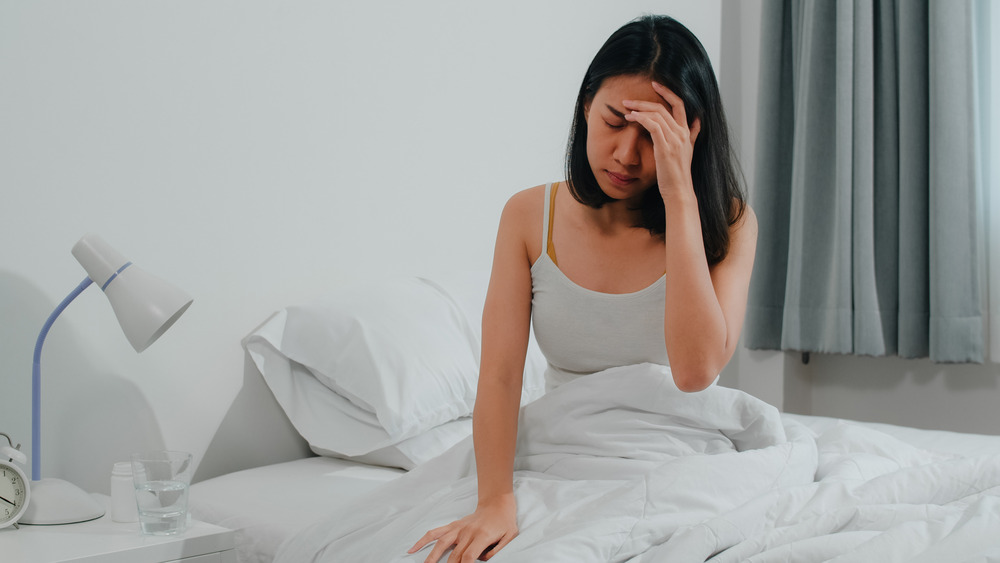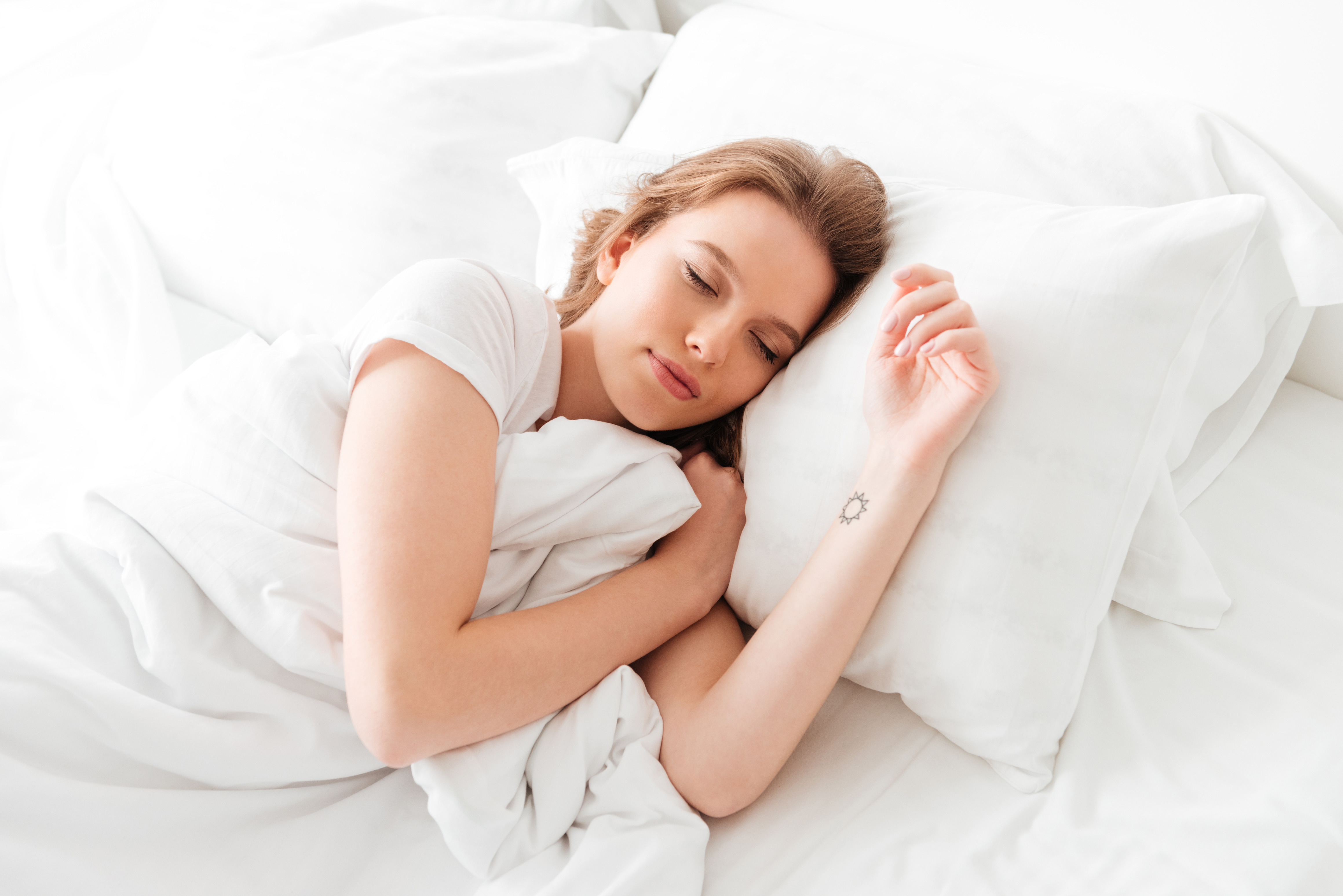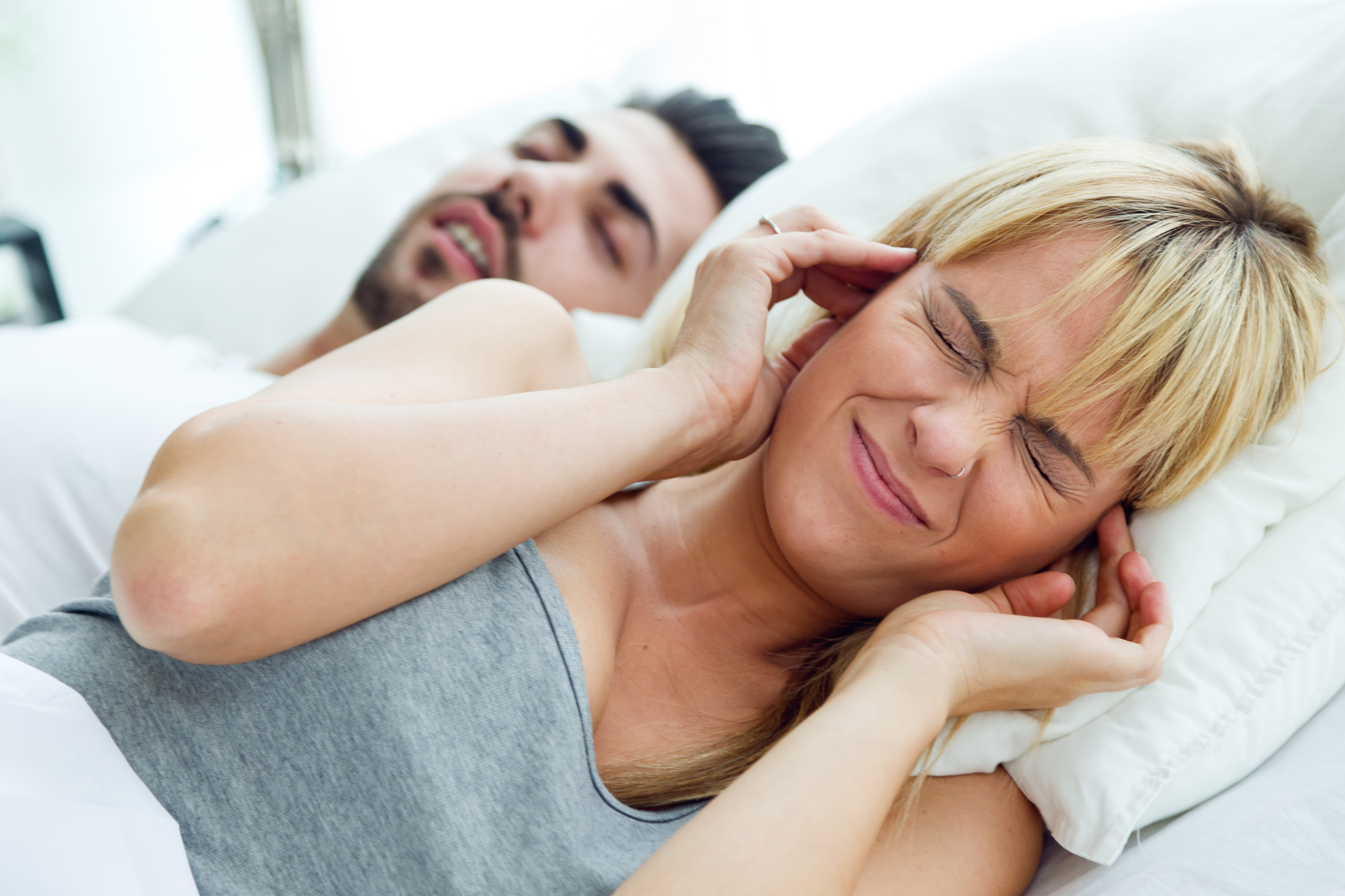
Sleep and sleep-related queries globally are going to be similar. The outbreak of the Pandemic brought about a change in people’s life. Considering the fear of the Pandemic, while some people began focusing on their health, others found it daunting to even sleep properly. Working from home disrupted people’s sleeping hours and hence immensely affected their sleep patterns spoiling their sleep hygiene.
Now you would be thinking what is sleep hygiene? Well, to answer it, it’s significant to know the types of sleeping disorders.
Sleeping Disorders
A few people find it hard to fall asleep every night. Let’s discuss what could be the reason for them not being able to get a good night’s sleep as well as if it’s repairable.
1. Sleep Apnea
Sleep Apnea, also known as snoring is not just an irritating habit but a health issue that can lead to insomnia and other sleeping disorder. Snoring characteristically makes snorting noises during which the patient’s sleep is interrupted in between. Interrupt sleep can cause patients to feel sleepy during the day. Healthcare sleep specialists treat sleep apnea by first understanding the root cause of the same. It can be either congestive heart failure or nasal obstruction.
2. Insomnia
Insomnia is the inability of a person to initiate or maintain sleep at night. It can be due to varied reasons but it becomes difficult to figure out until you visit a healthcare sleep specialist. Most patients suffering from long hours of awakening in the night feel tired and sleepy throughout the day leading to functional impairment.
A healthcare sleep specialist, prior to treating a person for insomnia, will rule out other possibilities leading to night awakening, including substance abuse, depression, chronic illness, side effects of medication taken for a longer period of time, or stress and fear.
Chronic insomnia or learned insomnia results from a stressor combined with fear of not being able to sleep, leading to no sleep at all. According to doctors, insomnia patients find it simpler to sleep on someone else’s bed. Besides, healthcare specialists treat insomnia with sedative-hypnotic medication and behavioural techniques to promote a seamless sleeping experience for the patient.
3. Restless Legs Syndrome (RLS)
Restless leg syndrome, as the name suggests, is a creepy feeling in the lower legs. It is associated with pain and ache that are caused due to abnormalities in the neurotransmitter dopamine. The creepy feeling in the lower legs makes it harder for patients to initiate sleep. The feeling or the pain vanishes with kicking or walking making it all the more difficult for patients to fall asleep at night. Healthcare sleep specialists generally combine medication to improve the underlying dopamine abnormality.
4. Narcolepsy
Narcolepsy is excessive sleepiness in the daytime combined with sudden muscle weakness leading to sleep attacks. Mostly, healthcare specialists treat Narcolepsy with a combination of stimulant medication and behavioural interventions.
Sleep Hygiene
Reading about sleep disorders aforementioned is the reason why you need good sleep hygiene. Sleep hygiene refers to the healthy sleep habits that one follows in daily life. Sleep Hygiene is significant for sound and healthy sleep that ensures you get physical and mental rest to improve the quality of your life.
Your everyday routine prior to going to bed, maintaining a comfortable sleeping environment and choosing what to eat and drink before going to bed come under sleep hygiene. Let’s discuss a few habits you can inculcate in your daily routine to get a good night’s sleep.
How to Get Good Sleep?
1. Maintain a Calming Bedtime Routine
It’s highly recommended that your brain stays calm and relaxed before going to bed. To do so you need to follow a healthy nighttime routine including taking a hot-water bath, reading a calming book before sleeping and meditating to calm your mind. If you have a tendency to overthink even at night, you will nighttime calming routine extremely useful.
2. Create a Nighttime Schedule
Maintaining a constant sleeping and waking up time is quite a healthy routine to offer your body and mind the rest they need. Your body replenishes its energy only at night while it is inactive. And for the same reason, it is important to sleep and wake up every day at the same time. It is essential to maintain this habit during weekends and vacations as well to allow your body and brain to restore energy.
3. Maintaining a Moderate Intake of Alcohol
Alcohol slows down your metabolism process. So, when you have alcohol and sleep, your body is still processing and digesting the food and alcohol, keeping you awake for the night. Hence, it is essential to take a moderate amount of alcohol occasionally. Everyday alcohol intake can gradually hurt your digestive system and sleeping ability at night.
4. Avoid Intake of Nicotine & Caffeine At Night
One should have caffeine at least 6 hours before going to bed and not after that as it negatively affects your sleep. Hence, if you go to bed around 10:00 at night, try and stop the intake of caffeine after 5:00 pm. This will positively affect your nighttime sleep offering your mind and body the perfect amount of sleep and rest.
5. Exercise Everyday to Ensure Healthy Sleep
Exercising daily is a healthy sleep hygiene routine to follow as it keeps you aroused for the entire day to work hard but also makes your body tired by the end of the day. However, exercising at night can take away your sleep, hence ensure you are following some kind of exercising routine in the morning to get a healthy good night’s sleep.
6. Switch to a Comfortable Mattress
There is a possibility that you might not be getting a good night’s sleep due to an uncomfortable mattress. Your uneven mattress might be causing you issues like back pain, neck pain, and shoulder pain. To get good sleep, you will need to switch to a better-quality mattress.
Memory foam mattresses, for example, have a great pressure distribution that offers very varied kinds of comfort to your body when compared to other kinds of foam mattresses. The memory foam mattresses give you a feeling of sinking into a mattress allowing natural movements to your body throughout the night.



